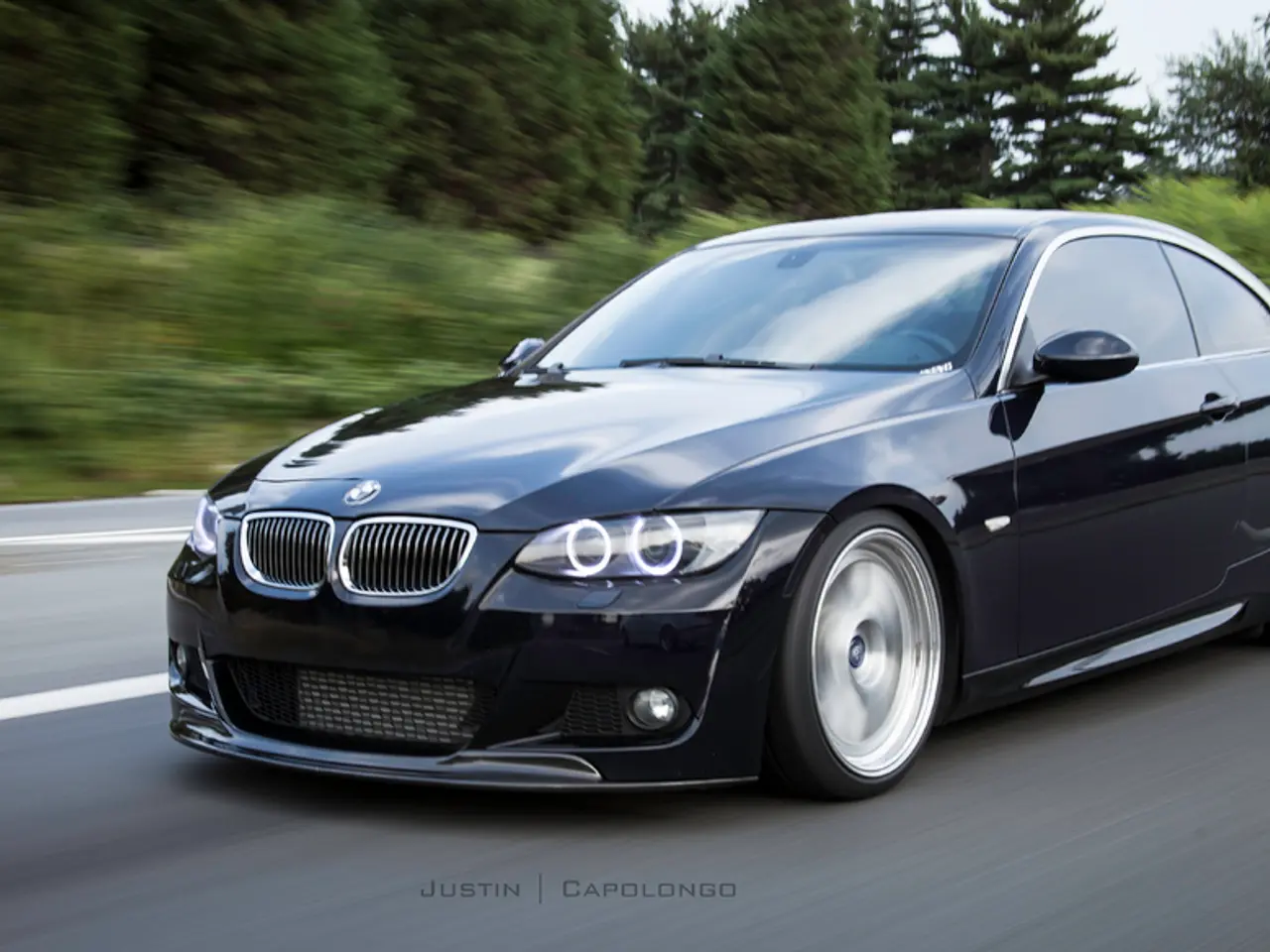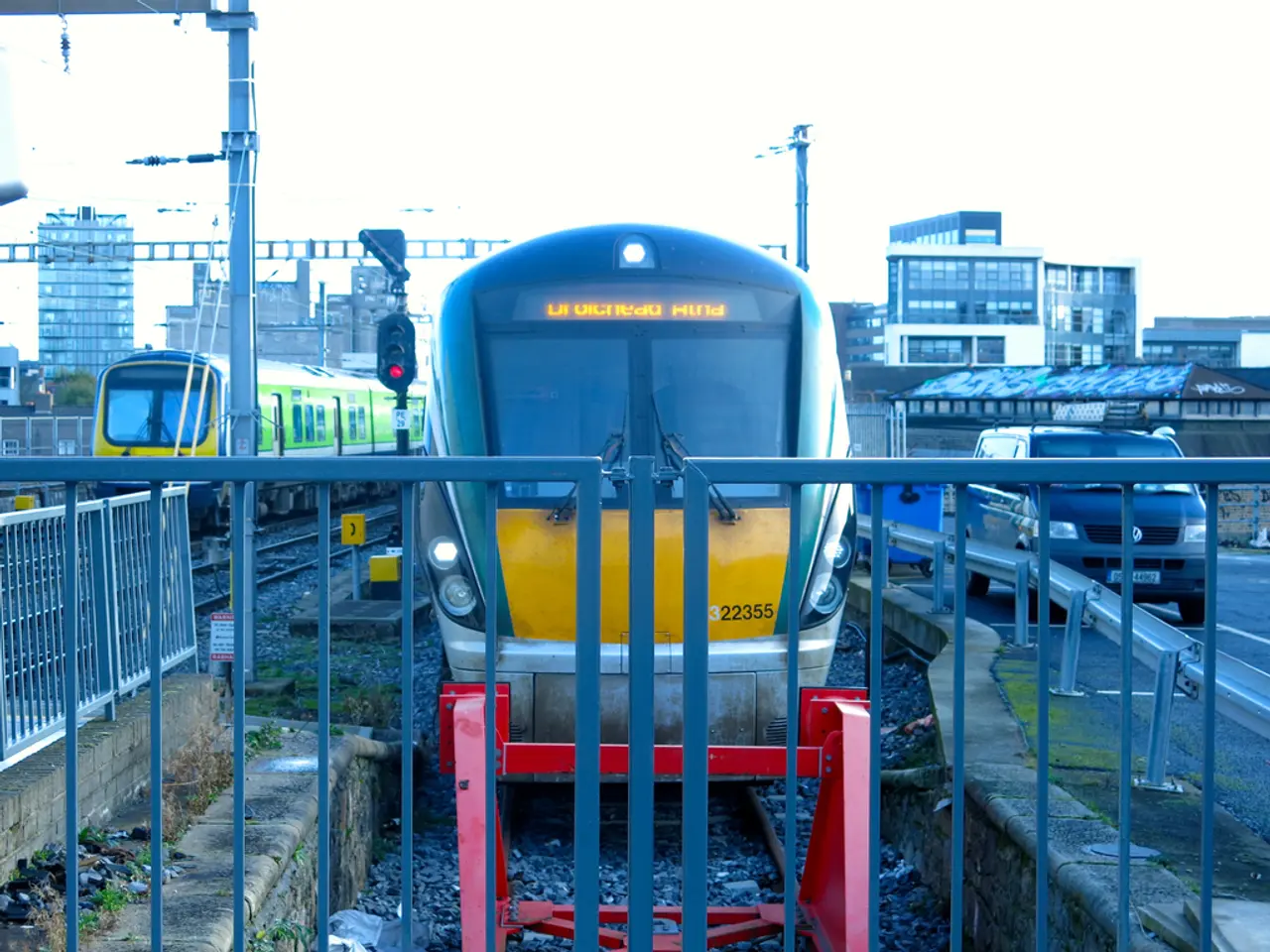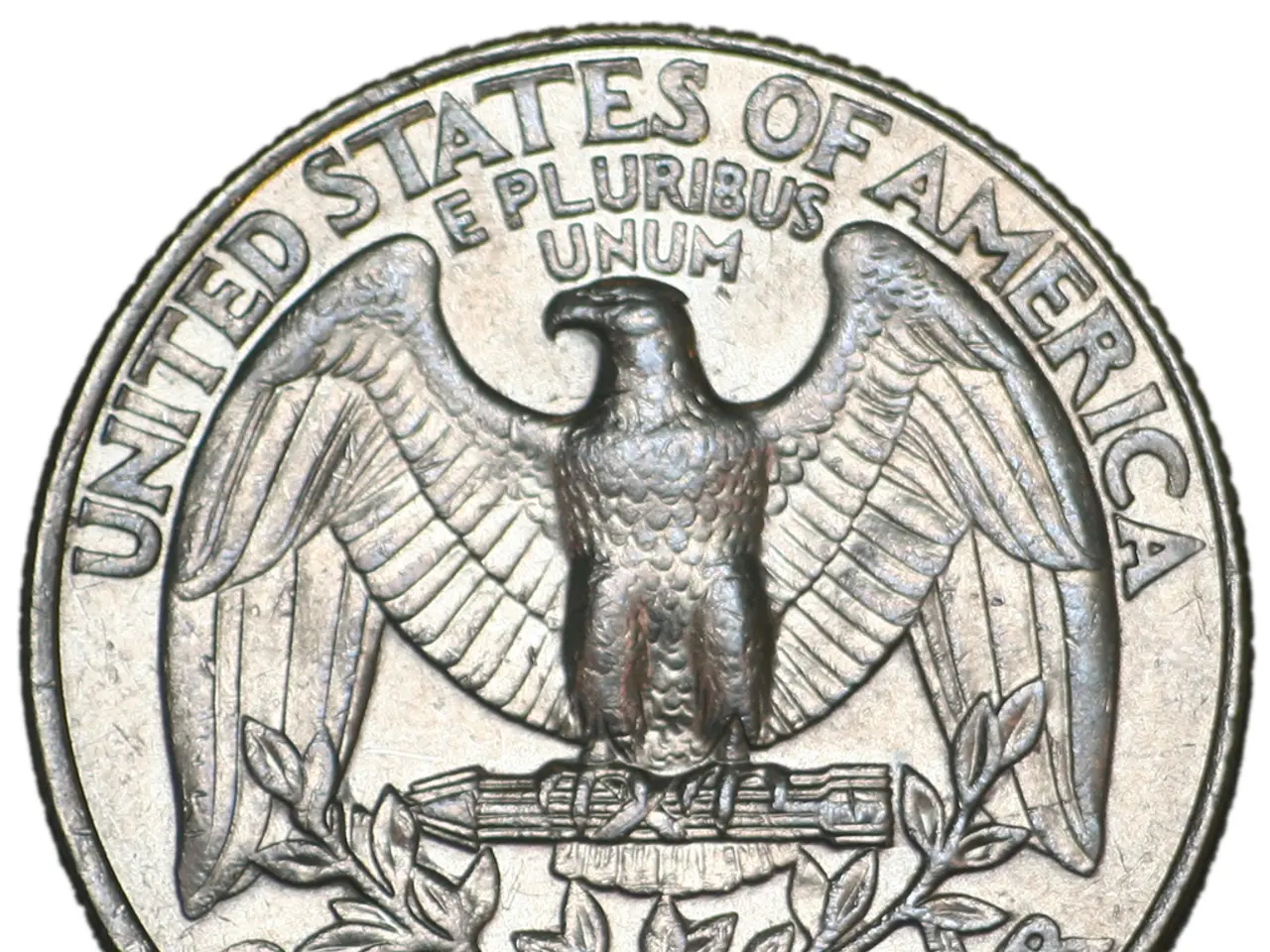Commencing mass production of electric powertrains for a fresh BMW class model
BMW's Steyr plant in Austria has commenced series production of its sixth-generation (Gen6) electric drive units, marking a significant step in the company's electrification strategy. This is the first time the Steyr plant has manufactured fully electric drive units, transitioning from its traditional petrol and diesel engine expertise.
The Gen6 electric motor is a current-excited synchronous machine (SSM) technology, which does not use permanent magnets. Key components such as the rotor, stator, and inverter are manufactured in Steyr itself, with electrical steel sourced from Voestalpine in Linz and aluminum housings from BMW’s foundry in Landshut. The production involves a predominantly Austrian supply chain.
BMW has invested over one billion euros in the Steyr plant to support this new electric powertrain production. The new drive units deliver approximately 40% efficiency gains over the previous generation drive systems and will be distributed throughout BMW’s global production network to equip the Neue Klasse vehicles.
The Gen6 electric motor has been significantly further developed, with improvements in energy losses, costs, and weight. An 800-volt technology and silicon carbide semiconductor technology (SiC) are used in the inverter to increase efficiency. The inverter will be manufactured in a new in-house clean room environment, marking the entry of the Austrian engine plant into the field of electrical engineering.
The Gen6 electric motor assembly will take place on two new lines, following a modular kit production concept. This concept leads to positive scalability effects and cost savings in development and production. In parallel to the new Gen6 electric motors, diesel and gasoline engines will continue to be produced in Steyr.
The upcoming BMW iX3 50 xDrive, equipped with the Gen6 electric motor, is expected to achieve a range of up to 800 kilometers according to the WLTP standard. Additional series of electric vehicles are planned on the New Class platform, following the BMW iX3 50 xDrive. Around 1,000 employees will be working in the new electric motor assembly, and up to half of the entire workforce at the Steyr site could be working in e-mobility by 2030.
Martin Kaufmann, head of global powertrain development at BMW AG, explains that these improvements contribute significantly to achieving an overall vehicle efficiency increase of up to 20 percent. With the capacity expansion, the Steyr plant remains the leading powertrain site of the company.
- BMW's Steyr plant in Austria, known for its traditional expertise in petrol and diesel engine production, is now manufacturing electric drive units, marking a transition in the automotive industry towards electric-vehicles.
- The production of the Gen6 electric motor at Steyr involves a predominantly Austrian supply chain, with key components manufactured locally and electrical steel sourced from Voestalpine in Linz.
- The Gen6 electric motor's inverter, which uses 800-volt technology and silicon carbide semiconductor technology (SiC) for efficiency, will be manufactured in a new in-house clean room environment, marking the plant's entrance into the field of electrical engineering.
- With the production of the Gen6 electric motor, BMW aims to achieve an overall vehicle efficiency increase of up to 20 percent, and around 1,000 employees will be working in the new electric motor assembly. By 2030, up to half of the Steyr site's workforce could be engaged in e-mobility.




